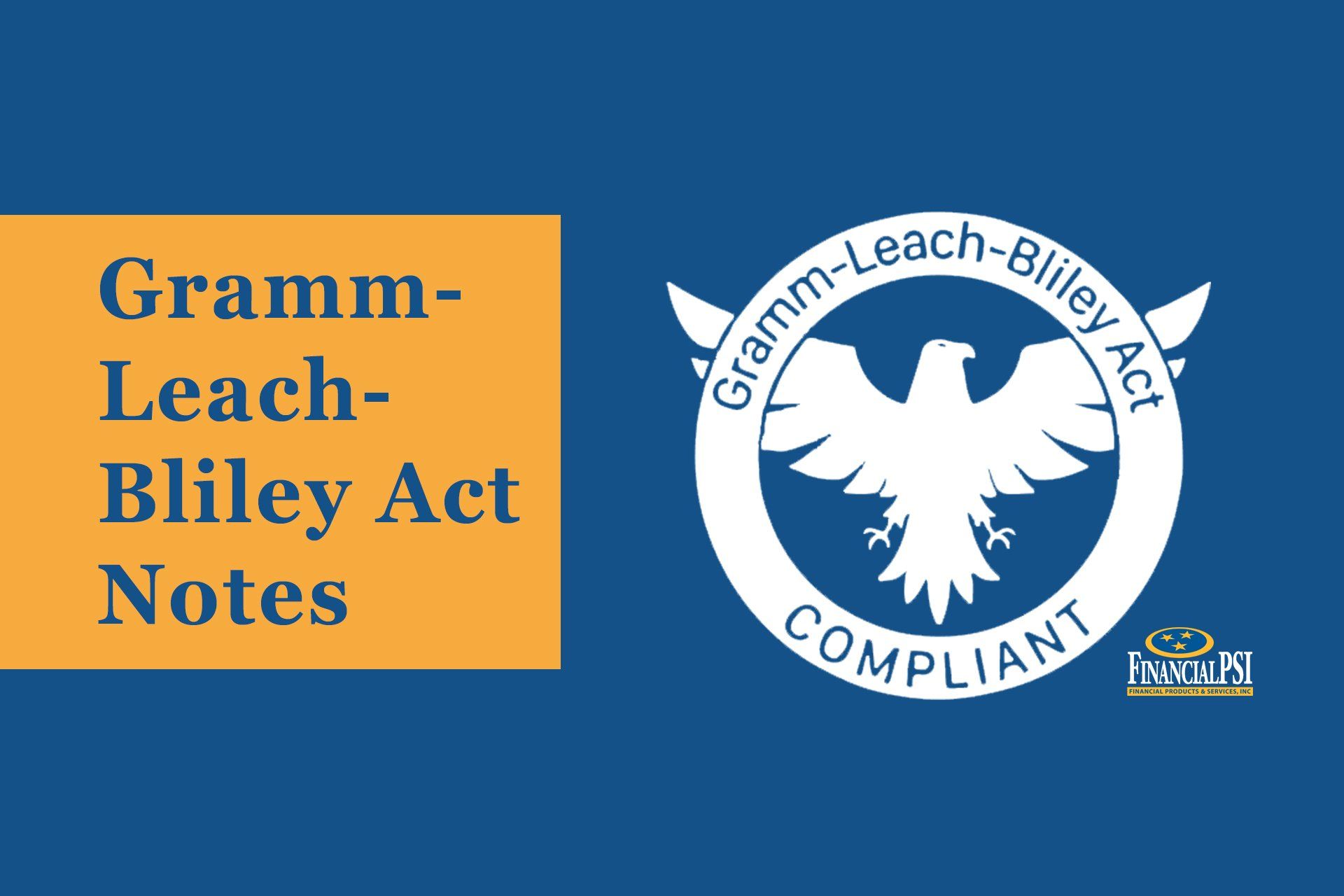Guidelines for Pre-Employment Background Checks
Background screening of prospective employees is an effective risk management tool that can reduce employee turnover, deter theft and embezzlement and prevent litigation over hiring practices, especially in the financial industry.

Background screening of prospective employees is an effective risk management tool that can reduce employee turnover, deter theft and embezzlement and prevent litigation over hiring practices, especially in the financial industry where employees work with sensitive material on a daily basis. Although background checks do present some costs, the risk of hiring someone without having performed this screening could signify considerably heavier financial consequences; the cost of recruiting, hiring and training an unqualified employee only to then search for a replacement can represent a significant burden.
Advantages of Pre-screening
Many job applicants have a criminal record that would compromise their job placement, yet they do not disclose this information. Therefore, consider these advantages of pre-screening potential employees:
- Discourages applicants from hiding a criminal background or falsifying their credentials.
- Eliminates any uncertainties about applicants in the hiring process.
- Encourages honesty while going through the hiring process.
The Federal Deposit Insurance Corporation (FDIC) issued a set of guidelines for those institutions it supervises on developing an effective pre-employment background screening process. The following are the key elements of these FDIC guidelines and associated considerations.
Extent of Background Checks
At a minimum, it is advisable to ensure that an applicant’s history does not include a criminal conviction or deferred prosecution for a specific crime, such as dishonesty, breach of trust or money laundering that would bar him or her from working in the industry in accordance with Section 19 of the Federal Deposit Insurance Act. Searches might include federal, state and county records.
Beyond the basic criminal background check, the FDIC suggests taking a risk-focused approach to determining additional levels of screening, which might include identity verification, education verification and professional license verification. The access level and sensitivity of the position will be key factors in determining whether or not additional screening is appropriate. It is advisable to maintain background checks on existing employees by continuing to perform them on a regular basis.
Sanctions Checks
The FDIC also recommends you check each federal banking agency’s listing of individuals who have been assessed civil money penalties or that have been banned from banking. Regulatory sources might include the New York Stock Exchange (NYSE), the Financial Crimes Enforcement Network (FinCEN), the Office of Foreign Asset Control (OFAC) or the FBI Most Wanted Terrorist List. This initial screening stops the process if certain criteria are not met during the searches.
Employment Applications
The background check will be more efficient, more valuable and less costly if the employment application contains certain elements, such as a statement that all information is accurate and that any untruthfulness or omissions are legal grounds for termination. A standardized format that consistently collects all necessary information will also speed the background screening process. Some other helpful elements include the following:
- Any other names used
- Reason for leaving past positions (“disagreement” or “mutual agreement” are red flags)
- Specification that names of actual employers must be listed (staffing firms should be listed, not the firm hosting temporary workers)
- Detailed contact information for references listed
A simple way to streamline the process is to implement an online application process that requires certain fields necessary for the screening to be completed. When a need for revision arises, the form can be easily modified across the entire organization. The application can be linked directly to providers’ systems that will extract all necessary information for the background screen.
Verify that all information on the application is accurate, and check credit reporting agencies for any anomalies.
Legal Duties
To simplify the task, you may find it helpful to outsource the process to a background screening service provider. For many screening tasks, such as criminal background checks, outside providers can be faster and more thorough. It is important that when selecting such a provider, you consider financial statements and health, the provider’s hiring and employment processes, identity theft safeguards and, of course, service offerings.
You have several obligations to the applicant under the Fair Credit Reporting Act (FCRA):
- Any applicant on whom an institution performs a background screen must give his or her written authorization to conduct the report.
- If you ultimately deny employment, you must provide notification through pre-adverse action and final adverse action notification letters.
For More Help
If you need more information about protecting yourself from liabilities associated with hiring and termination, contact Financial Products and Services, Inc.. Our insurance experts can keep you covered and give you peace of mind.
Want more information? Let us help.

1-615-244-5100
211 Athens Way, Ste 100
Nashville, TN 37228
Financial Products & Services, Inc


